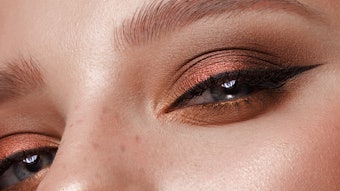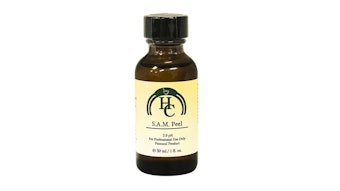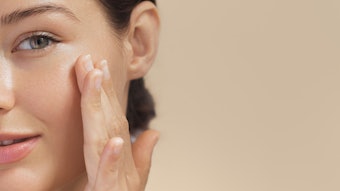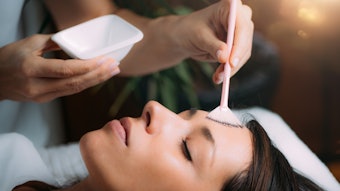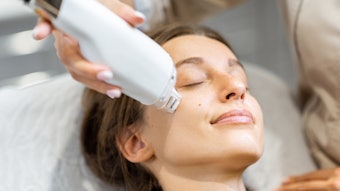
This information may be useful to share with your clients who are considering Botox or already use it.
A well-known side effect of Botox is the inability to fully express emotions. Now research reveals another side effect: the inability to fully feel emotions.
Botox, a popular cosmetic injection used to fight facial wrinkles, is made of an extremely toxic protein called Botulinum toxin. Botox works by temporarily paralyzing muscles that cause wrinkles. That means no unsightly wrinkles, but also no moving those muscles at all, which could have more significant consequences than simply looking frozen, the researchers found. Scientists think that facial expressions themselves may influence emotional experiences, so a person with a limited ability to make facial expressions may also have a limited ability to feel emotions.
"With Botox, a person can respond otherwise normally to an emotional event, [such as] a sad movie scene, but will have less movement in the facial muscles that have been injected, and therefore less feedback to the brain about such facial expressivity," said researcher Joshua Davis, a psychologist at Barnard College in New York. "It thus allows for a test of whether facial expressions and the sensory feedback from them to the brain can influence our emotions."
Davis and his Barnard colleague Ann Senghas led a team of researchers who showed people emotionally charged videos both before and after they were injected with either Botox, or Restylane, a substance injected into lips or facial wrinkles that fills out sagging skin. Restylane was used as a control because it simply adds filler but doesn't limit the movement of muscles.
Compared with the control group, the Botox participants "exhibited an overall significant decrease in the strength of emotional experience," the researchers wrote in a paper published in the June issue of the journal Emotion. In particular, the Botox group responded less strongly to mildly positive clips after they had the injections than before the Botox.
The findings tie into an idea suggested more than a century ago that feedback from facial expressions to the brain can influence the experience of emotions, the researchers said. The simple act of smiling, for example, can help make you feel happy, while frowning can bring down your mood.
"In a bigger picture sense, the work fits with common beliefs, such as 'fake it till you make it,'" Davis said.
By Clara Moskowitz, LiveScience, June 22, 2010

